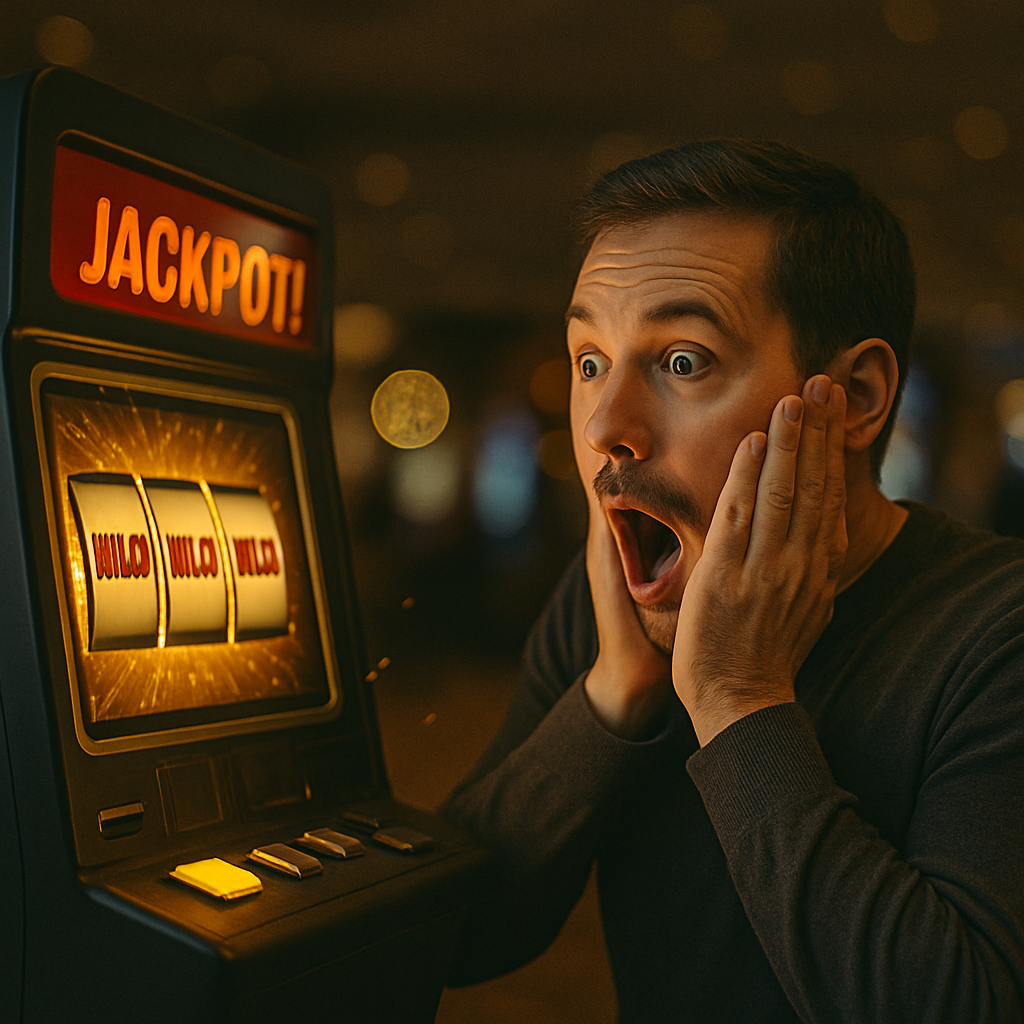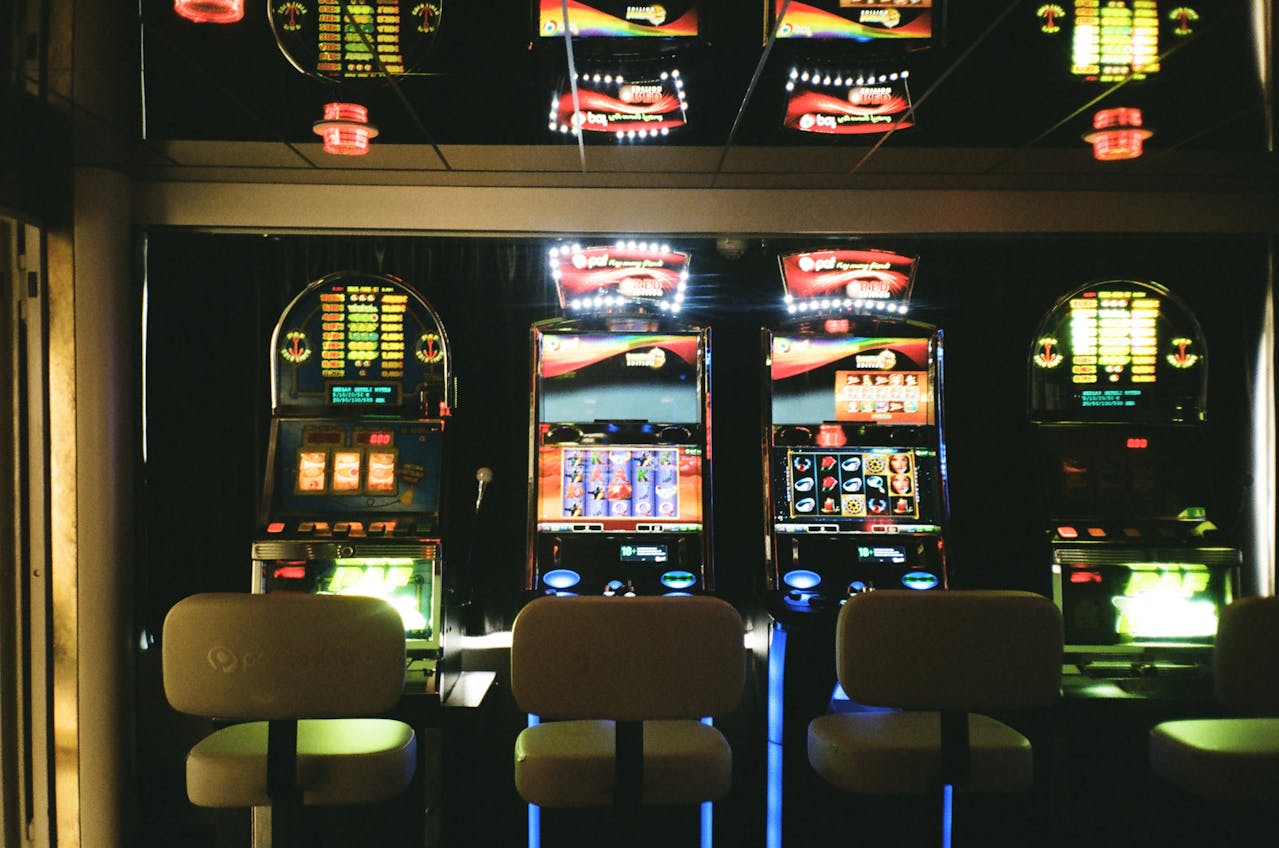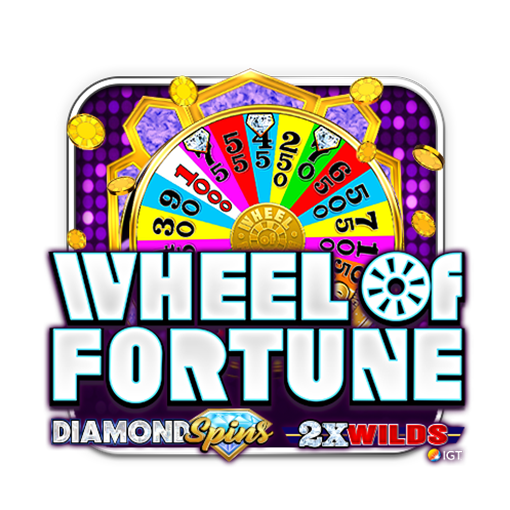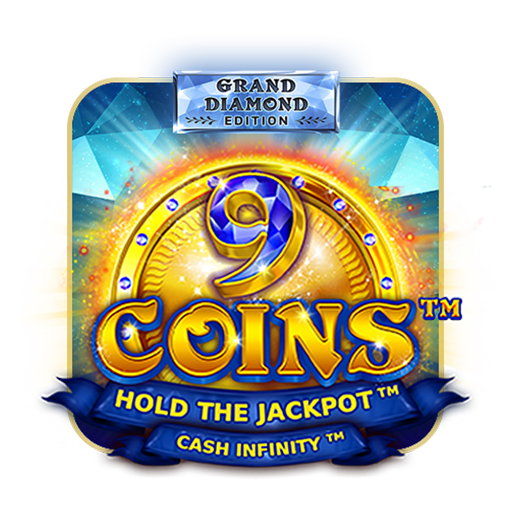1. The “Glitch” That Denied a $43 Million Jackpot
The Incident:
In 2016, Katrina Bookman, a New York woman, played a slot machine at Resorts World Casino and was stunned to see she had won $42,949,672—or so she thought. Excitement quickly turned to disappointment when casino officials told her the jackpot was a machine malfunction and offered her just $2.25 and a steak dinner instead.
The Outcome:
The casino cited a disclaimer stating that “malfunctions void all pays and plays.” Bookman sued, but ultimately, she didn’t receive the massive payout.
Key Takeaway:
Casinos have safeguards in place against technical glitches, and disclaimers are legally binding. Always read the fine print!
2. The “Fixing the Slots” Scandal
The Incident:
In 2011, a group of Russian hackers discovered vulnerabilities in slot machine software produced by Aristocrat Technologies. By analyzing gameplay patterns, they developed an algorithm that allowed them to predict when a machine would hit a payout.
The Outcome:
The hackers exploited casinos worldwide, raking in millions of dollars before being caught. Some members of the group were arrested, but the scam highlighted security flaws in slot machine programming.
Key Takeaway:
Casinos have tightened security measures with advanced AI-based fraud detection, but this case proves that determined hackers can still find ways to cheat the system.
3. The Rigged Jackpot That Never Was
The Incident:
In 2018, a casino in Colorado was accused of manipulating slot machines to prevent large payouts. Whistleblowers claimed that the machines had been programmed to trigger bonus rounds and jackpots less frequently than advertised.
The Outcome:
Regulatory authorities conducted an investigation and found that some machines did not meet the stated Return to Player (RTP) percentages. Fines were issued, but affected players received no refunds.
Key Takeaway:
Always play in licensed and regulated casinos to ensure fair play and compliance with gaming laws.
4. The “Lucky” Grandmother Who Beat the System
The Incident:
An elderly woman in Las Vegas, identified only as “Mrs. A,” won multiple jackpots in a short period on different slot machines, prompting casino officials to suspect foul play. However, investigations found that she was simply extremely lucky and followed a strategic approach to playing slots with high RTP.
The Outcome:
Despite suspicions, Mrs. A was allowed to keep her winnings. The incident fueled debates over whether casinos unfairly target big winners.
Key Takeaway:
Winning streaks happen, but casinos are quick to investigate any unusual patterns.
5. The “Near-Miss” Manipulation Scandal
The Incident:
In the early 2000s, some slot machines were found to be programmed to show “near-miss” outcomes more frequently than statistically probable, leading players to believe they were close to winning and encouraging compulsive gambling.
The Outcome:
Regulators stepped in, banning such manipulative designs. However, some experts argue that “near-miss” programming still exists in subtle ways today.
Key Takeaway:
Always be aware of psychological tricks used in slot design to keep players engaged.
6. The “Ghost in the Machine” Incident
The Incident:
A casino in Atlantic City reported a bizarre case where a slot machine issued payouts at seemingly random times, even when no one was playing. Some speculated a software glitch, while others believed it was tampering.
The Outcome:
After thorough checks, engineers found an electromagnetic interference issue was causing the machine to malfunction. No foul play was detected, but the incident remains one of the strangest slot machine mysteries.
Key Takeaway:
Slot machines are highly complex systems, and unexpected issues can arise—even without human intervention.
7. The Disputed “Progressive Jackpot” Win
The Incident:
A man playing a progressive jackpot slot in Las Vegas thought he had hit the ultimate prize, but the casino claimed that another player on a linked machine actually won. A legal battle ensued over who was entitled to the jackpot.
The Outcome:
After months of legal wrangling, courts sided with the casino’s system logs, which indicated the other player had legitimately won the jackpot.
Key Takeaway:
Linked progressive jackpots operate on a shared network, meaning wins are determined by real-time data across multiple machines.
📊 Slot Machine Statistics: The Odds Behind the Spins
| Statistic | Data |
| Average RTP for Slots | 92% – 97% |
| Chance of Hitting a Jackpot | 1 in 50 million (approx) |
| Biggest Slot Jackpot Ever Won | $39.7 million (Megabucks, 2003) |
| Number of Slot Machines Worldwide | 1+ million |
| Most Popular Slot Theme | Ancient Egypt |
FAQ:
Q: Can casinos refuse to pay a jackpot?
A: Yes, if a machine malfunctions, casinos can deny payouts under the “malfunctions void all pays and plays” rule.
Q: Are slot machines really random?
A: Yes, licensed slot machines use Random Number Generators (RNGs) to ensure fair outcomes.
Q: How can I check if a slot is fair?
A: Look for licensing information from regulatory bodies like the Malta Gaming Authority (MGA) or Nevada Gaming Control Board.
Q: Are online slots safer than physical slot machines?
A: Both can be safe, but online slots offer more transparency as their RTP and volatility are often published.
Q: What’s the best way to win slots?
A: There’s no guaranteed way to win, but choosing high RTP slots, managing your bankroll, and playing at reputable casinos can improve your experience.
Conclusion
The truth, tricks, and transparency in slot machines will always be a mix of excitement, controversy, and mystery. From disputed jackpots to hacking scandals, these 7 wild slot machine controversies prove that behind every spin, there’s a story waiting to unfold. Whether you play for fun or dream of the big win, staying informed about slot machine mechanics, odds, and potential pitfalls can help you play smarter and enjoy responsibly. Happy spinning!




































